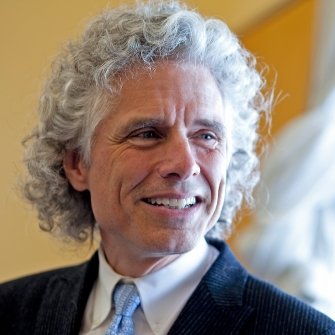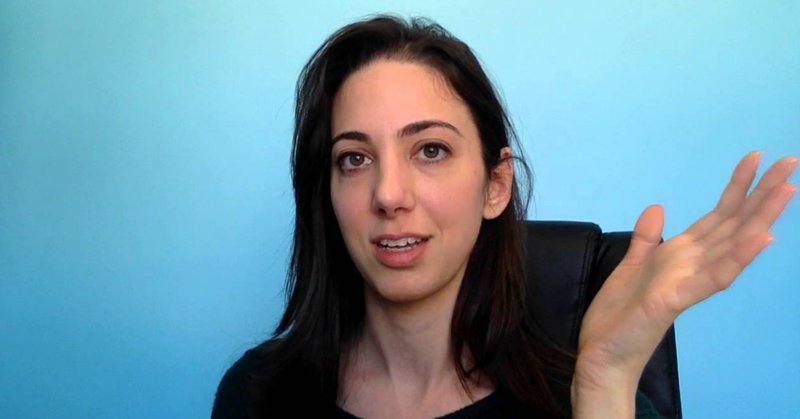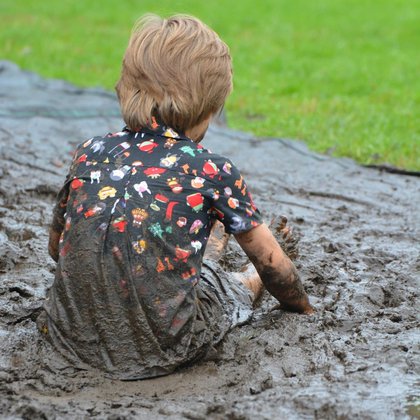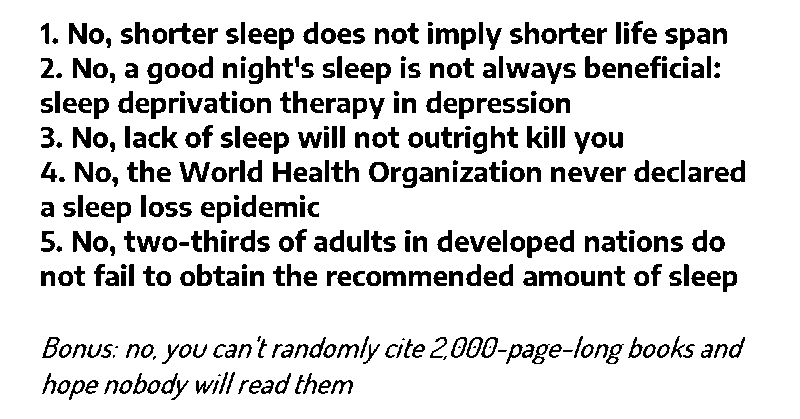
Julia Galef
@juliagalef
Followers
110K
Following
13K
Media
1K
Statuses
9K
Author of THE SCOUT MINDSET and host of the Rationally Speaking podcast
Joined January 2009
Statistics / social science folks: When authors of an observational study claim they "controlled for" various confounding factors, how much should I trust that they actually successfully did? Never? Only sometimes? (If so, when? Do you have heuristics you use?)
143
64
664
Five Lessons from @juliagalef 's ‘The Scout Mindset." (Julia was a guest on the most recent episode of my BBC podcast series "Think with Pinker" https://t.co/hzLh55KbAR)
quillette.com
Respect for reason has waxed and waned throughout history. Today, its tide is receding. University professors resign in frustration from what were once our bastions of rationality. Increasingly, the...
0
91
403
The evidence strongly suggests that pre-K is just day care. https://t.co/LtXfUcpoFd
53
67
434
People tend to have a simple rule (e.g. "cancel culture = bad," or "race in hiring = bad") and get reflexively angry at anything that pattern-matches to that So I really appreciate the rare people who reflect on the specifics of each case to decide if it's actually bad 👇
1/ I'm not angry about Biden basing his supreme court decision on race & gender. And I've put my finger on why.
29
51
474
Thing is, the scientists who accuse @kph3k of "genetic determinism" don't seem to be disagreeing with her that genes + environment interact to determine our life outcomes. So when they accuse her of "genetic determinism," what is the actual disagreement there? So confused
29
5
109
Seems like "yes" in the weak sense (genes are an input into our outcomes), but "no" in the strong deterministic sense (genes aren't the only thing that matters -- it's an interaction between genes + our environment that determines our outcomes)
5
2
58
What people like @kph3k say is our genes affect various aspects of how our brains work, and then interactions between (1) how our brains work, + (2) parents/society/school, cause differences in e.g. educational attainment Does this count as genes "controlling" our outcomes?
5
6
66
People who talk about genetics, like @kph3k, are often criticized for promoting "genetic determinism," but what is that? The APA definition is below. But a lot hinges on what you mean by behavior being "controlled by" genes...
5
1
25
I had an interesting disagreement yesterday that seemed to come down to what counts as "genetic determinism" (click through for thread) I'm still confused though... (cont.)
@ras_nielsen @Graham_Coop @molly_przew @kph3k i.e., are you saying that only *neurological* explanations (for the relationship between genes and EA ) constitute genetic determinism? Maybe that's the piece of your model I was missing
8
8
61
Workarounds people use to overcome "technical" limitations intended to prevent name changes: https://t.co/aHeqTk8rrc
7
205
1K
Of course, these are subtle subjective distinctions I'm making and someone else could disagree about how much they matter. Thinking through this example just highlighted how tricky it is to figure out where your boundaries of distrust should be.
4
2
28
2) The Lancet letter made an argument of the form, "There is NO reason to believe X!" ... whereas the global warming petition made an argument of the form "There IS reason to believe X!" I think scientists are more willing to mislead in the former way than the latter way
2
4
47
Personally I don't think the Lancet letter debacle is all that parallel to the global warming issue. But the reasons why not are subtle! 1) There was *less* scientific consensus around the Lancet letter than about global warming...
3
2
21
This part defending the credibility of the petition on global warming made me stop and think I suspect the other side would counter: "What about the Lancet letter slamming the COVID lab leak hypothesis as a conspiracy theory? That was signed by lots of scientists too"
1
6
48
Yes, the media & scientific establishment often misrepresent things But "...therefore we can't trust ANYTHING they say" is the wrong conclusion So what's the right conclusion? It's tricky, but @slatestarcodex has a characteristically great take:
13
42
238
Maybe @Graham_Coop or @molly_przew could explain why you felt the book was "nudging the reader towards genetic determinism"?
1
21
32
Thread! Everyone's talking about this new study showing cash transfers "speed up brain activity" in babies ( https://t.co/KzSkvuovBF). It must be a big deal, because it was announced with a "Breaking News" tweet by no less than the New York Times:
Breaking News: Cash payments for low-income mothers increased brain function in babies, a study found, with potential implications for U.S. safety net policy.
27
382
1K
The movie "Monsters University" sounds like a refreshing exception of a kids' movie, in that it - Rejects the common trope of "You should never give up on irrational dreams!" - Is still heartwarming and inspiring https://t.co/RVZvOf0HXd
9
26
260
5. People who fact check popular beliefs Example: @acesounderglass investigating whether it’s true that eating dirt boosts kids’ immune systems:
acesounderglass.com
Sometimes people imply that epistemic spot checks are a waste of time, that it’s too easy to create false beliefs with statements that are literally true but fundamentally misleading. And sometimes…
12
12
336
4. People who fact check popular books Example: @alexeyguzey pointing out serious errors in “Why We Sleep”
guzey.com
Note: I link to a bunch of paywalled studies in this essay. Please do not use sci-hub to access them for free and do not use this trick (a) to easily redirect papers to sci-hub. For the clearest...
11
28
513









